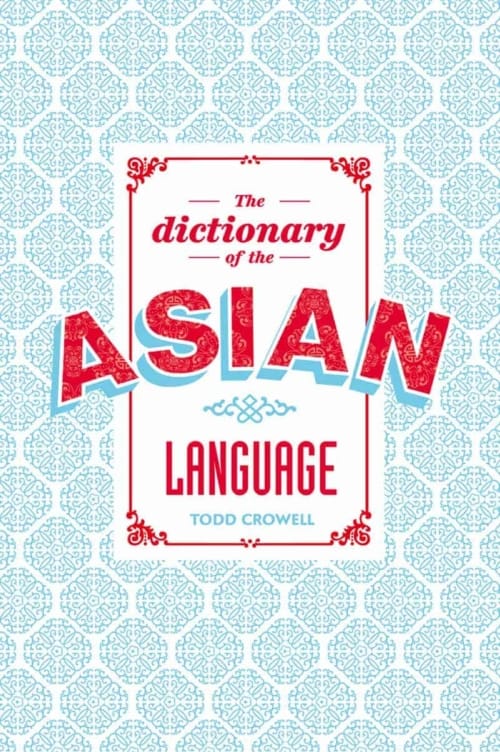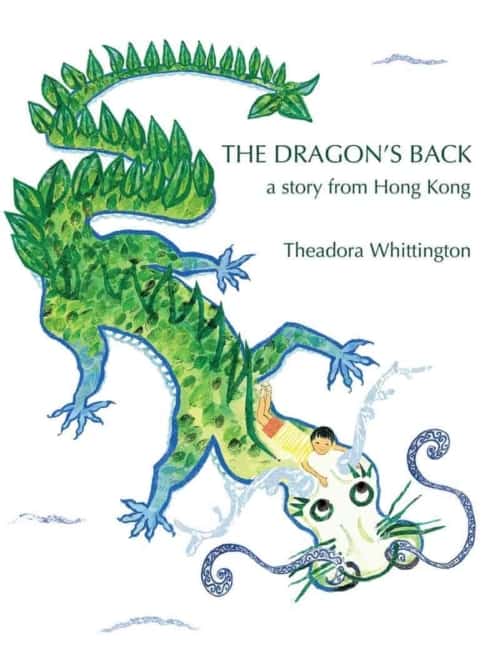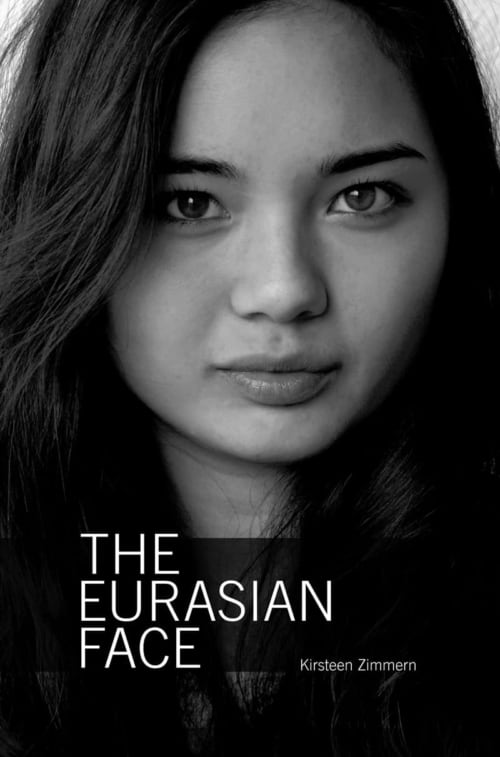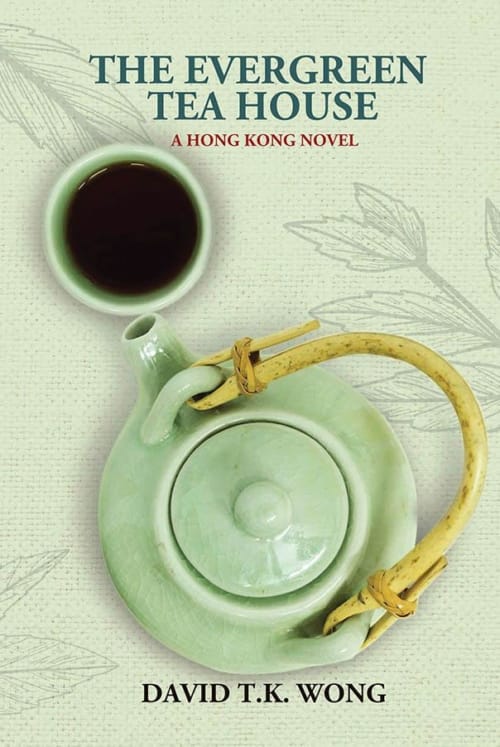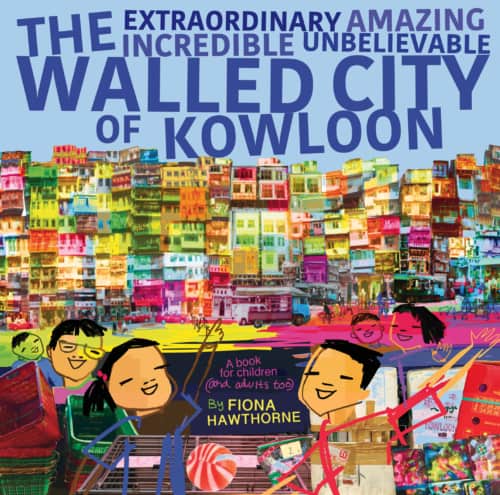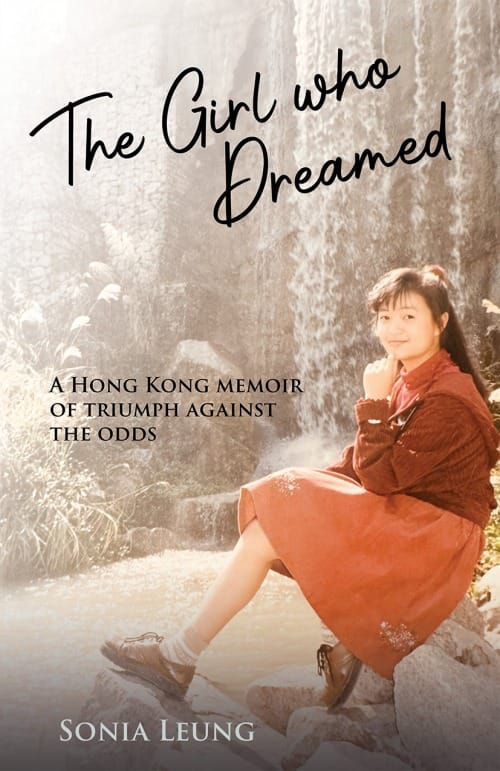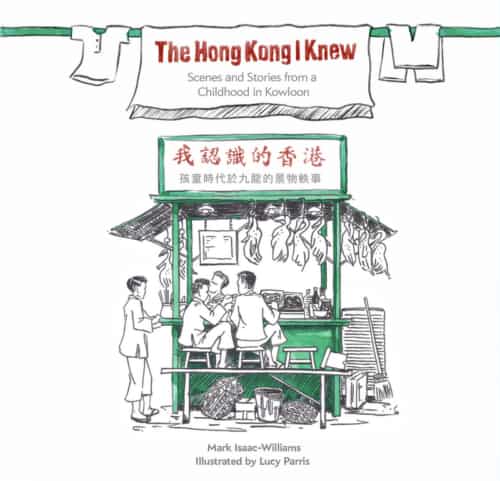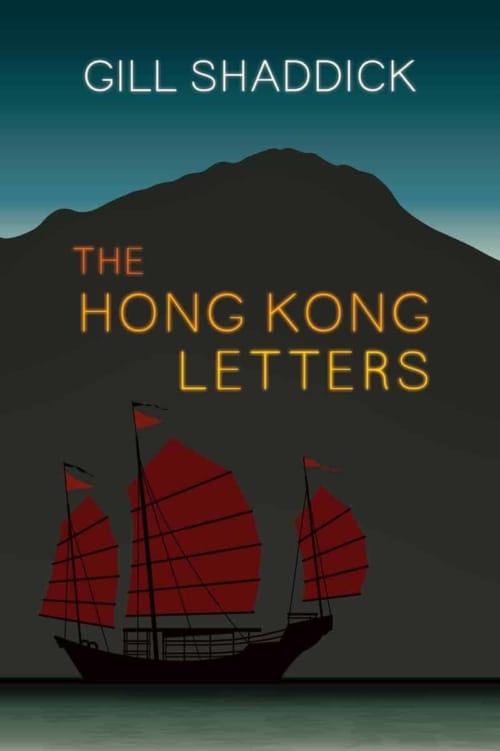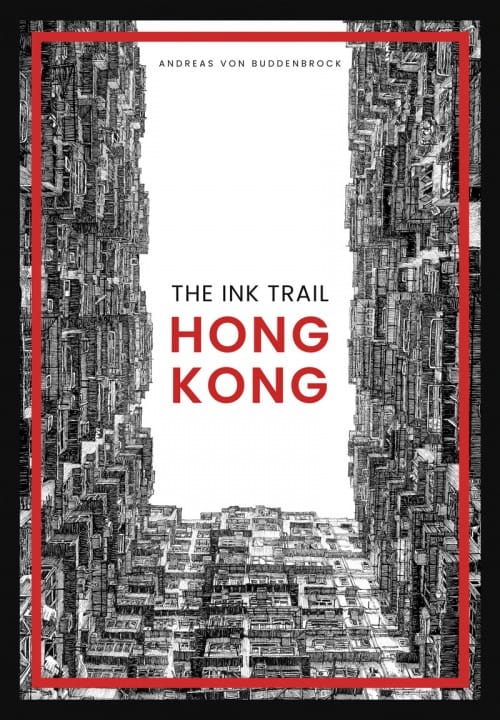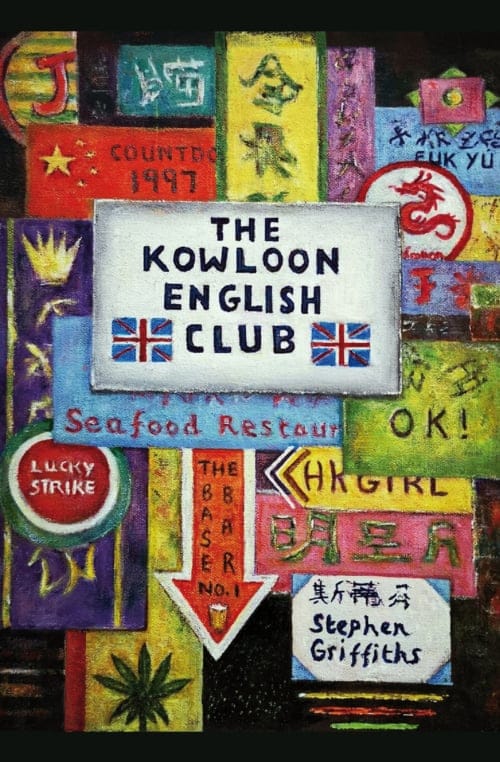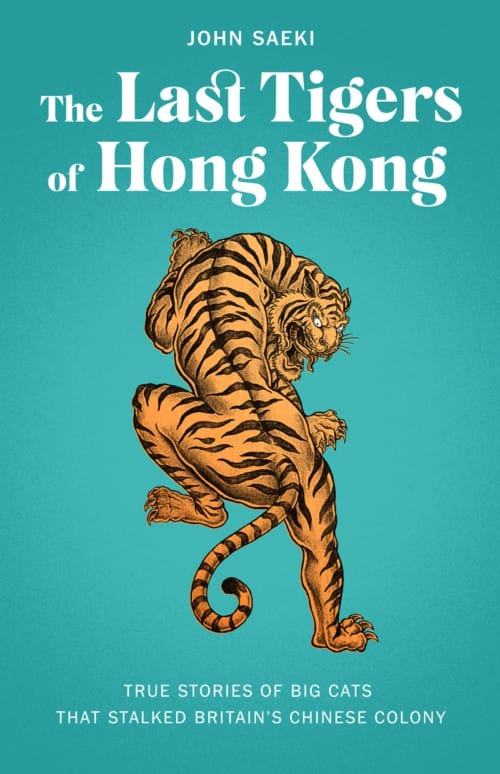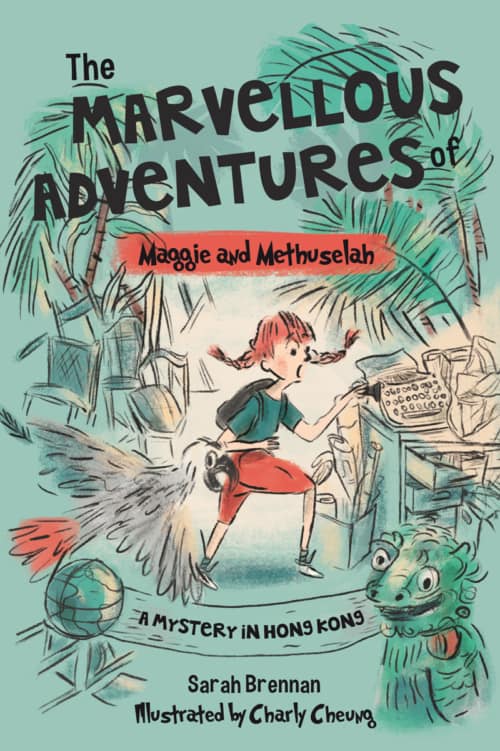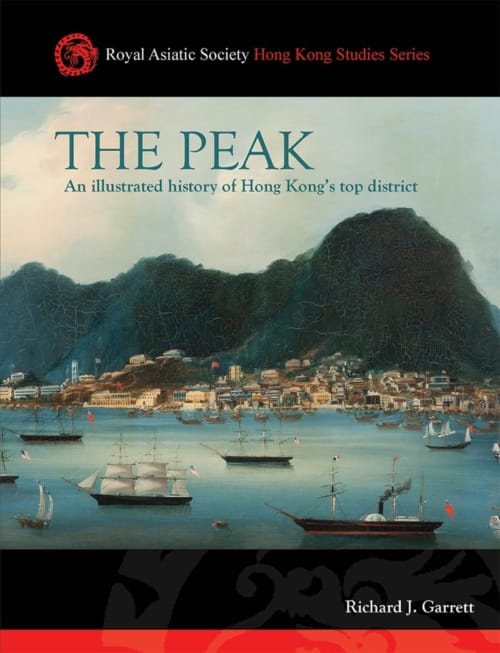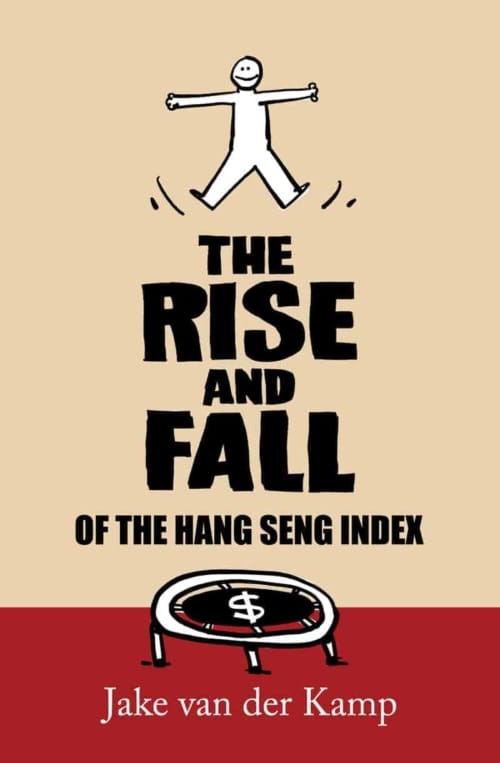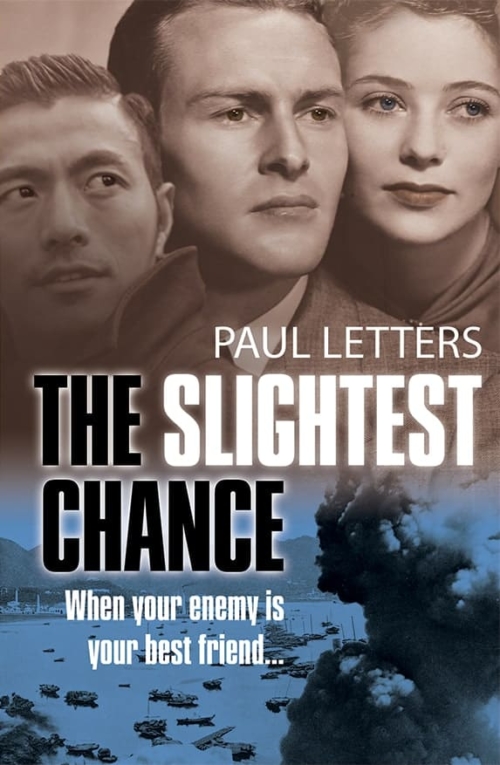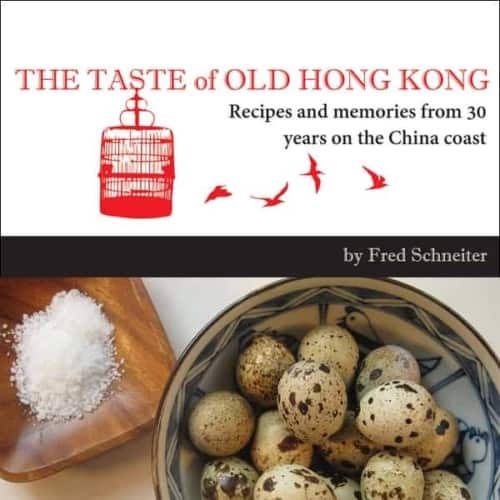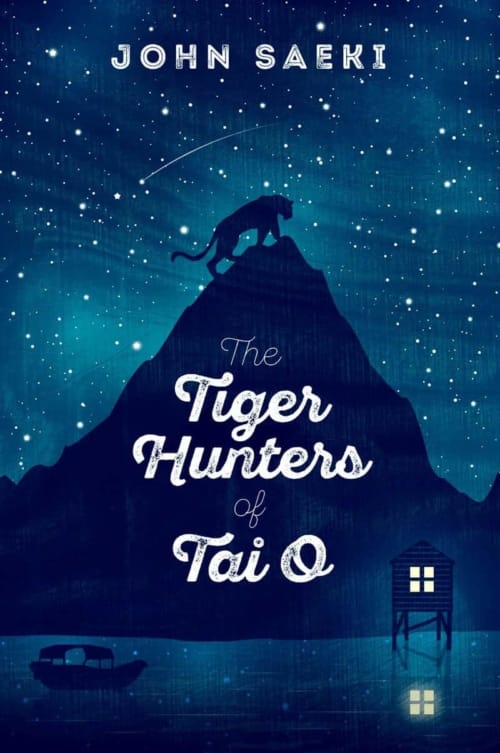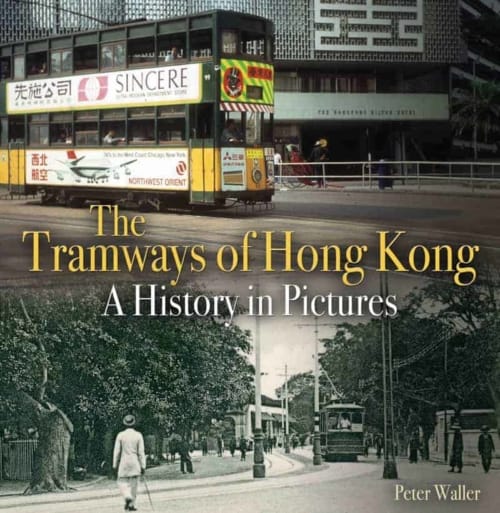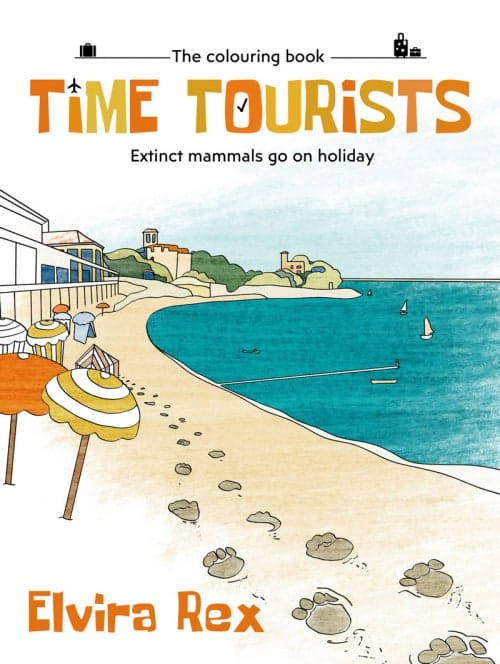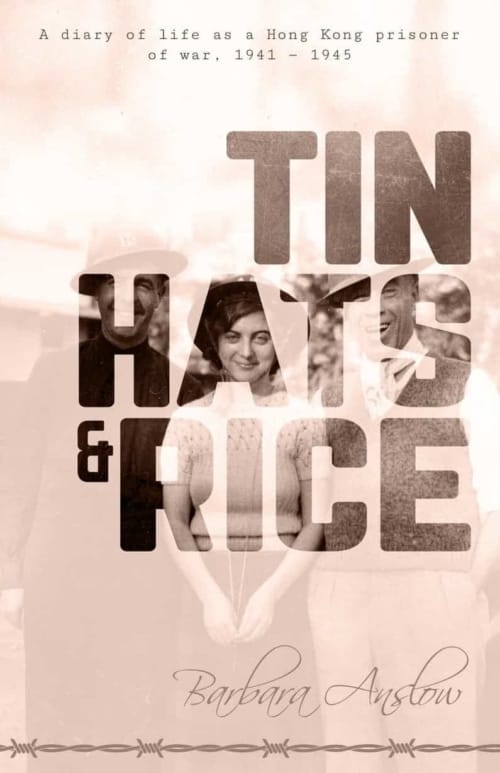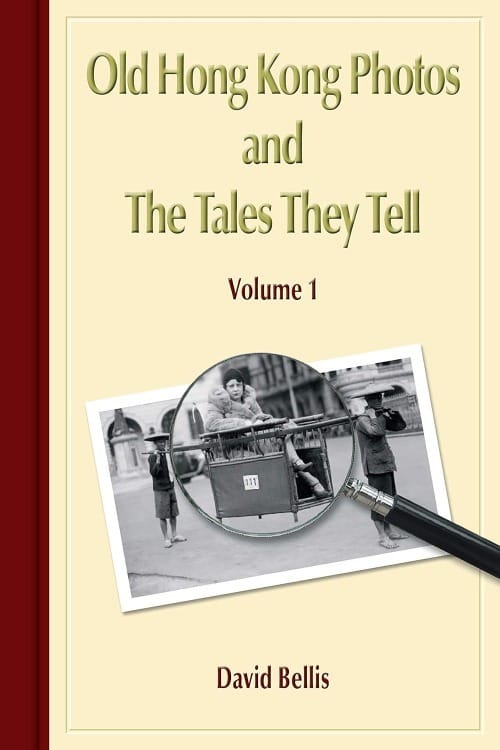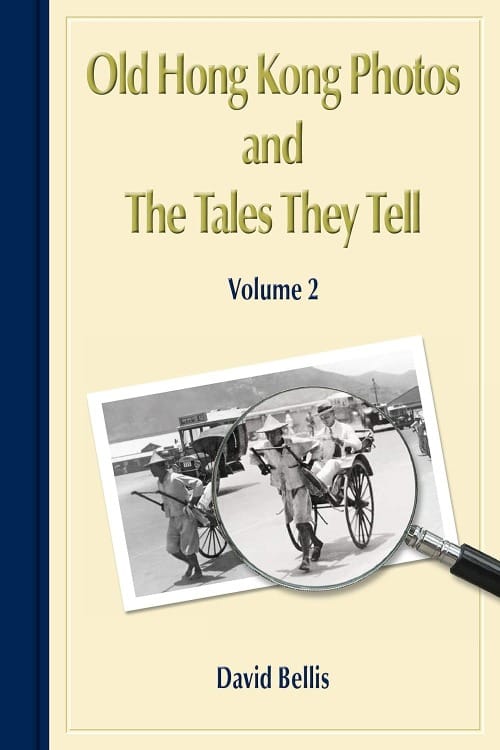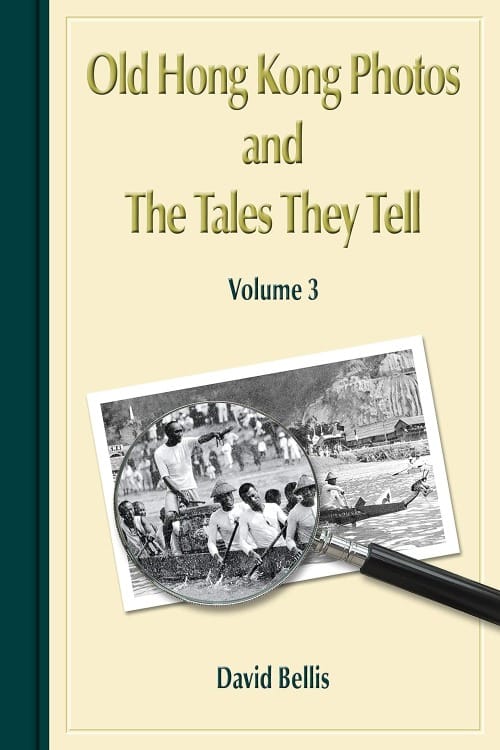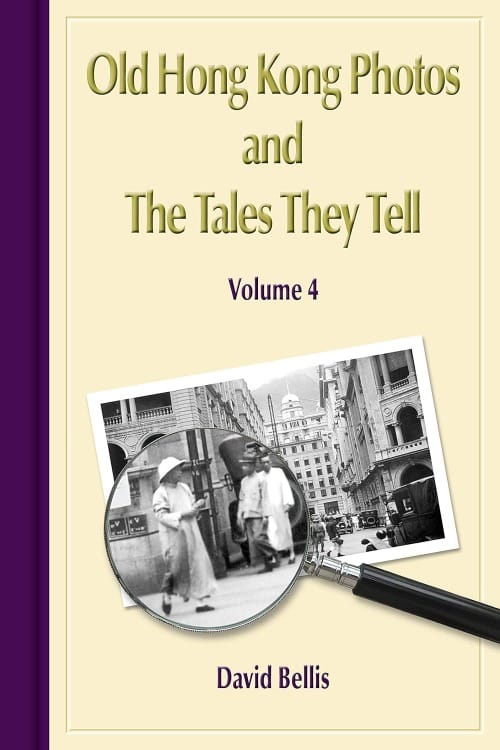with cartoons by Ming
Of course there is no single Asian language. But plenty of vogue words from this booming continent are entering English.
Did you know there is a flower named after former North Korean dictator Kim Jong-il? The Chinese have a word – shengnu, literally leftover – for the new phenomenon of unmarried women over thirty. Can you tell your jeepney from your jilbab, or yakuza from the yellowshirts?
These are just some of the hundreds of words that illuminate little corners of life and culture in a pan-Asian selection of keywords from the zeitgeist.
Look inside this book
Click on the following link to read pages from The Dictionary of the Asian Language. You will need a pdf reader to view this excerpt.
